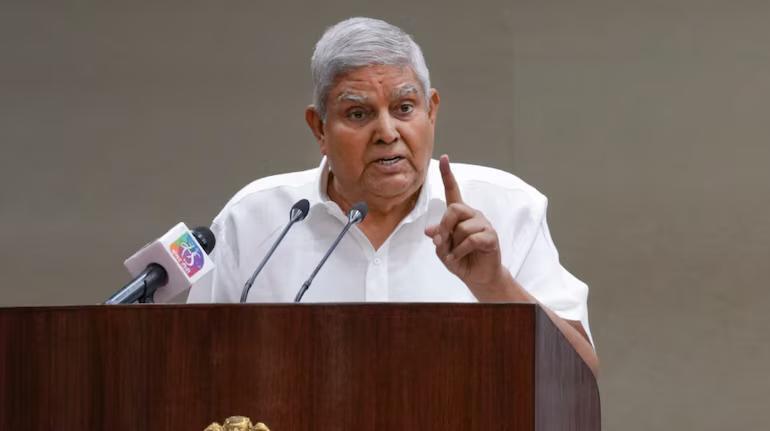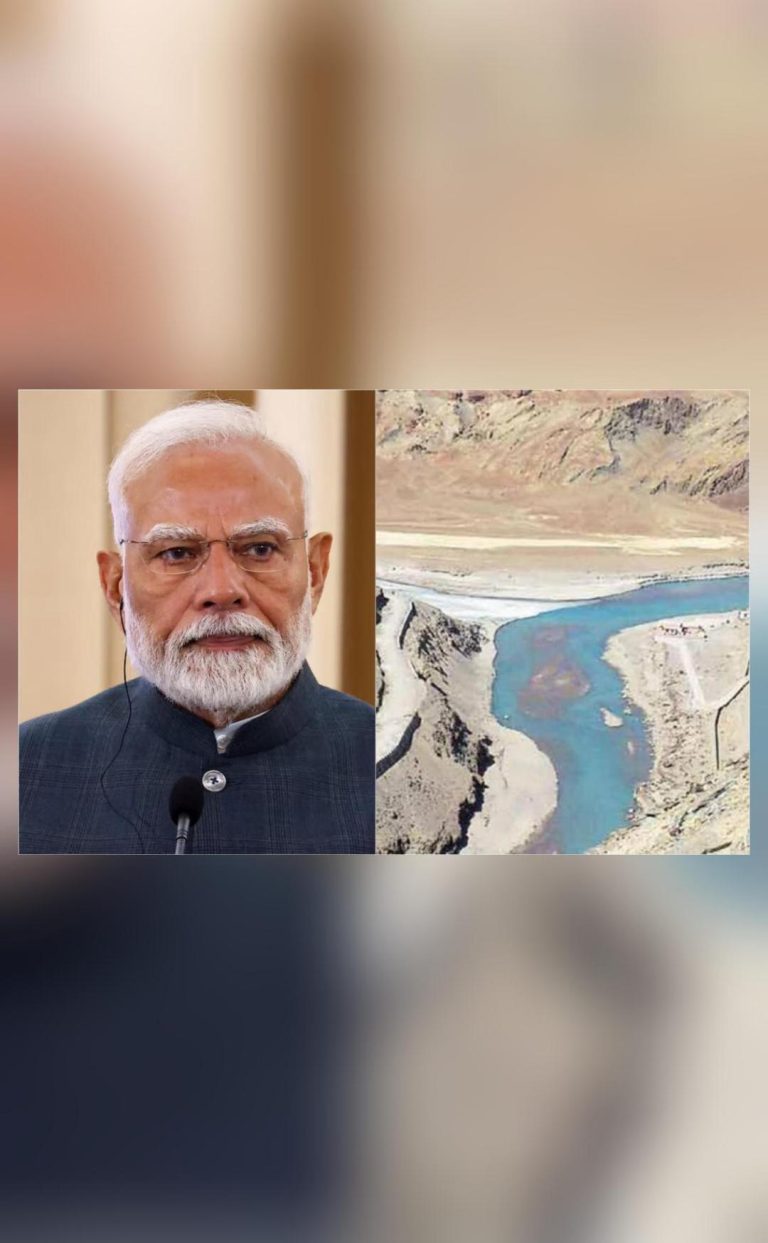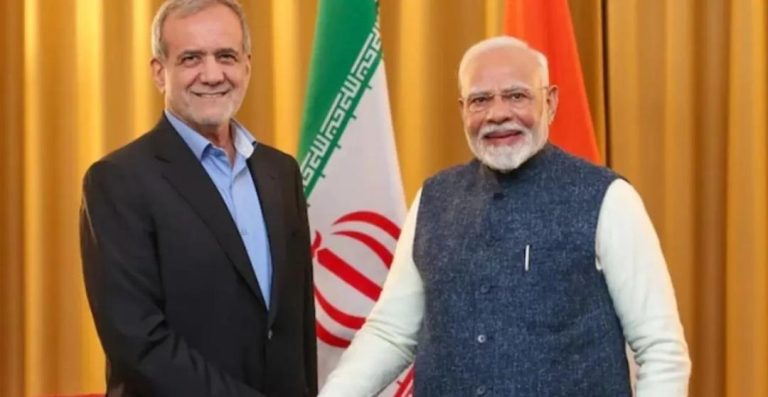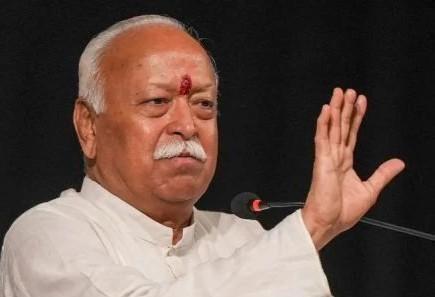
Terrorism is Global Menace: Vice President Dhankhar on J&K Attack
The world has witnessed numerous heinous acts of terrorism in recent years, claiming countless innocent lives and leaving a trail of destruction and chaos in its wake. The latest such incident occurred in Jammu and Kashmir’s Pahalgam, where a terror attack claimed the lives of at least 26 people, leaving the nation in a state of shock and outrage. In the aftermath of this devastating attack, Vice President Jagdeep Dhankhar has strongly condemned the incident, emphasizing that terrorism is a global menace that requires immediate attention and collective action to combat.
In his statement, Vice President Dhankhar expressed his deep sorrow and outrage at the senseless attack, saying, “I join the nation in expressing profound grief and outrage at the heinous attack in Pahalgam that claimed innocent lives. It is a reminder that terrorism is a global menace, and it is essential that we stand united in our efforts to combat it.” His words served as a powerful reminder of the gravity of the situation and the need for a collective response to address this growing threat.
The attack in Pahalgam, which occurred on Friday, was a brutal and indiscriminate act of violence that targeted innocent civilians. The terrorists responsible for the attack showed no regard for human life, leaving a trail of destruction and devastation in their wake. The victims of the attack included both locals and tourists, highlighting the senseless nature of the violence and the need for immediate action to prevent such incidents from occurring in the future.
The attack in Pahalgam is just the latest in a long series of terrorist incidents that have plagued Jammu and Kashmir and other parts of the country. Over the years, India has witnessed numerous terrorist attacks, including bombings, shootings, and other forms of violence, which have claimed thousands of lives and left many more injured. These attacks have not only caused immense human suffering but have also had a profound impact on the country’s economy, infrastructure, and social fabric.
Despite the efforts of the security forces and the government to combat terrorism, the threat remains a significant challenge for the country. The root causes of terrorism, including political instability, social inequality, and economic marginalization, continue to fuel the violence, making it essential to address these underlying issues in order to prevent future attacks.
The attack in Pahalgam has also raised concerns about the increasing involvement of external forces in India’s internal affairs. There have been numerous reports of Pakistan-based terrorist organizations, including Lashkar-e-Taiba (LeT) and Jaish-e-Mohammed (JeM), being involved in terrorist activities in Jammu and Kashmir. The involvement of external forces in India’s internal affairs is a serious concern, as it undermines the country’s sovereignty and territorial integrity.
In the aftermath of the attack, the government has announced a crackdown on terrorist organizations and has vowed to take all necessary steps to ensure the security and well-being of its citizens. The security forces have been deployed in the affected area, and a thorough investigation is underway to identify and apprehend the perpetrators of the attack.
The attack in Pahalgam has also highlighted the need for greater international cooperation to combat terrorism. Terrorism is a global menace that requires a collective response to combat. The international community must come together to share intelligence, coordinate efforts, and develop effective strategies to prevent and respond to terrorist attacks.
In conclusion, the attack in Pahalgam is a stark reminder of the devastating consequences of terrorism and the need for immediate action to combat this global menace. Vice President Dhankhar’s statement serves as a powerful reminder of the gravity of the situation and the need for a collective response to address this growing threat. The government and the security forces must work together to ensure the security and well-being of its citizens, while also addressing the underlying causes of terrorism and seeking greater international cooperation to combat this global menace.
Source:






